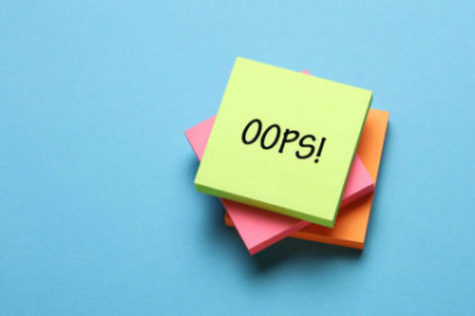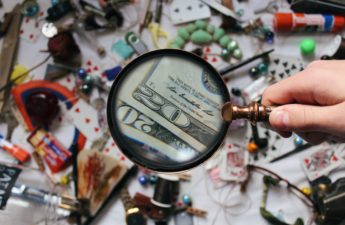Buying and Selling Companies, Investing, and even just general life involve decision-making.
I’ve seen people in positions of authority really make some bad mistakes in their decisions.
Decisions that were obviously bad to those around them before action was taken by the power figure.
What causes this? Are they dumb? Well, in some cases yes. Just because a person has power doesn’t make them smart or wise. But sometimes otherwise smart people fool themselves.
If you are really interested in this subject I would refer you to the book Thinking Fast and Slow by Daniel Kahneman. If you are really interested, try reading some of the research papers he published with his collaborator Amos Tversky. I have found that reading the original research papers is better and more informative than reading someone’s summary.
What are some of these biases? Are you guilty of any of these? Here are some of my favorites in no particular order – except the first one. That one is very common and a whopper.
Denial – How many times have you seen the families of criminals- without doubt guilty – claim their child is innocent? Or make excuses and rationalize their behavior? Tell a lie long enough and with conviction then it will be believed. Often the person telling the lie starts to believe it themselves. Gas-lighting is a powerful tool, don’t fall for it.
Envy/Jealousy – This is a big one and often happens for the most minor of reasons. More people may have been motivated by this factor than any other. I’ve seen many super wealthy, I’m talking about mega-wealthy not garden-variety millionaires, become jealous and complain how poor they were because some other person has reached a billion (or a hundred million, take your pick) and they are somewhere below that. And it can be for the smallest things too. Jealousy is a major factor in human psychology and it’s almost never been studied by scientists.
Confirmation Bias – It seems that once information enters the human brain, it cuts off future information which counters the original. No matter how conclusive or decisive the following information, it is rejected. This happens in science all the time. Imagine what goes on in fields that are supposedly not as rigorous and fact-based.
Pavlovian Bias – Most advertising and branding work on this idea. Big brands from companies like P&G and Kraft work hard to associate themselves with happy images like patriotism, sports, whatever. They don’t want to be associated with anything negative. It’s a subconscious effect and very insidious. Remember – don’t kill the messenger. Better yet, don’t be the messenger!
Social Proof – If everyone else is doing it, it must be OK! How many times have you seen companies imitate a competitor in acquisitions or strategy? If Big Market Share Corporation does it, we should too!
Deprival Bias – Have you ever seen someone become overprotective about something they never really cared about but only after they might lose it? All of a sudden it becomes somehow valuable to them. People can overreact to very minor decreases or losses that normally they wouldn’t care about.
More favorites to come in the next post!



